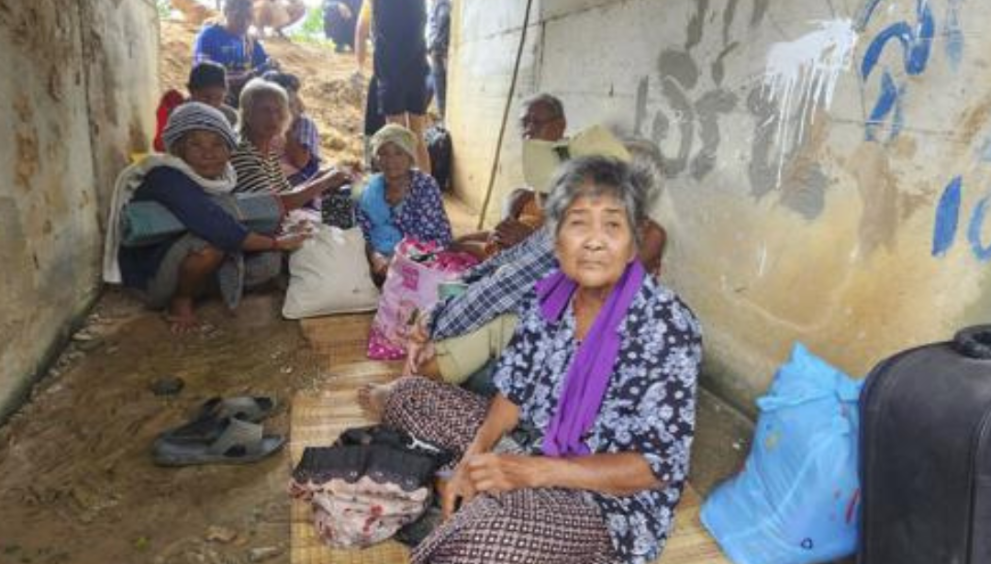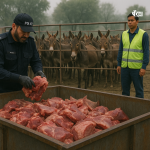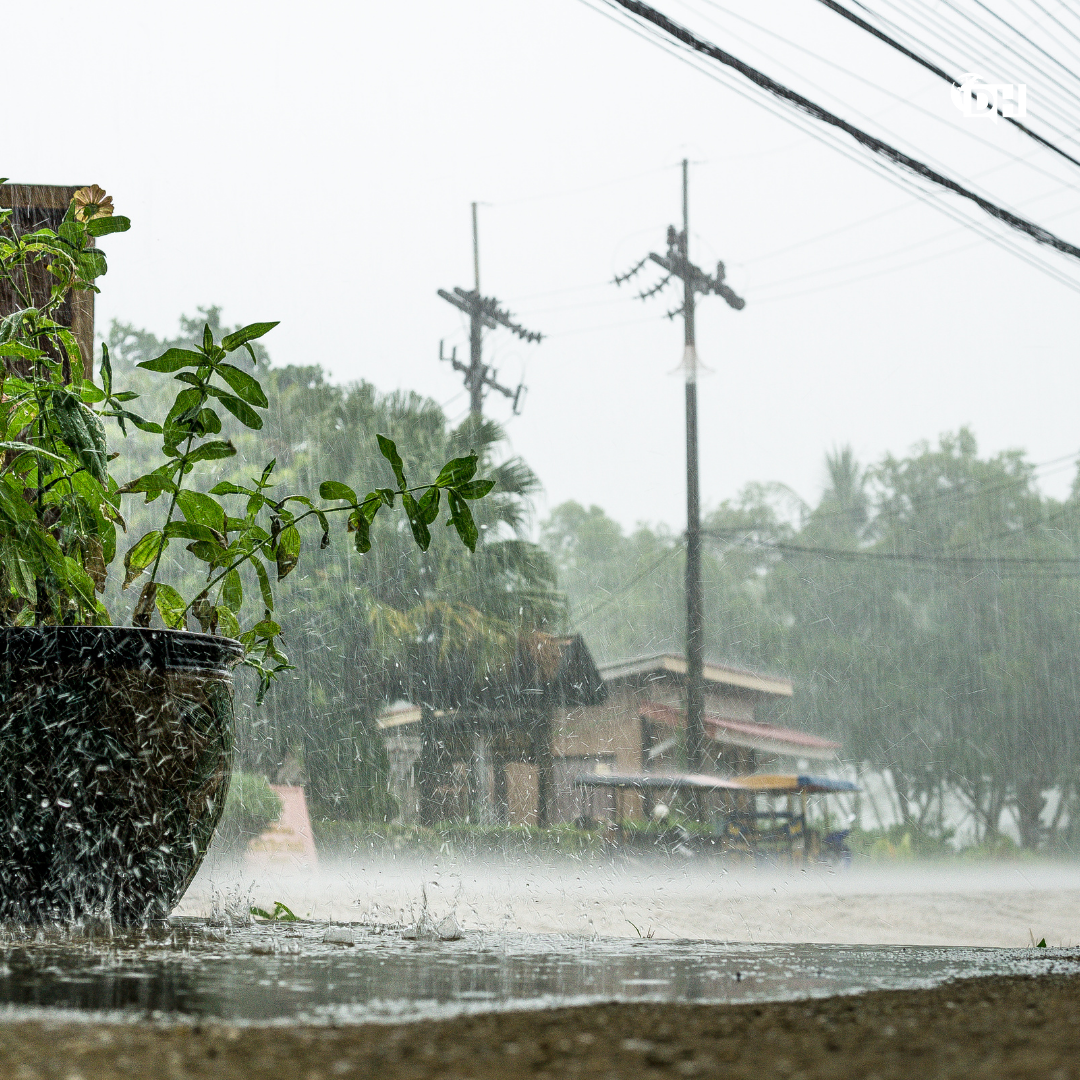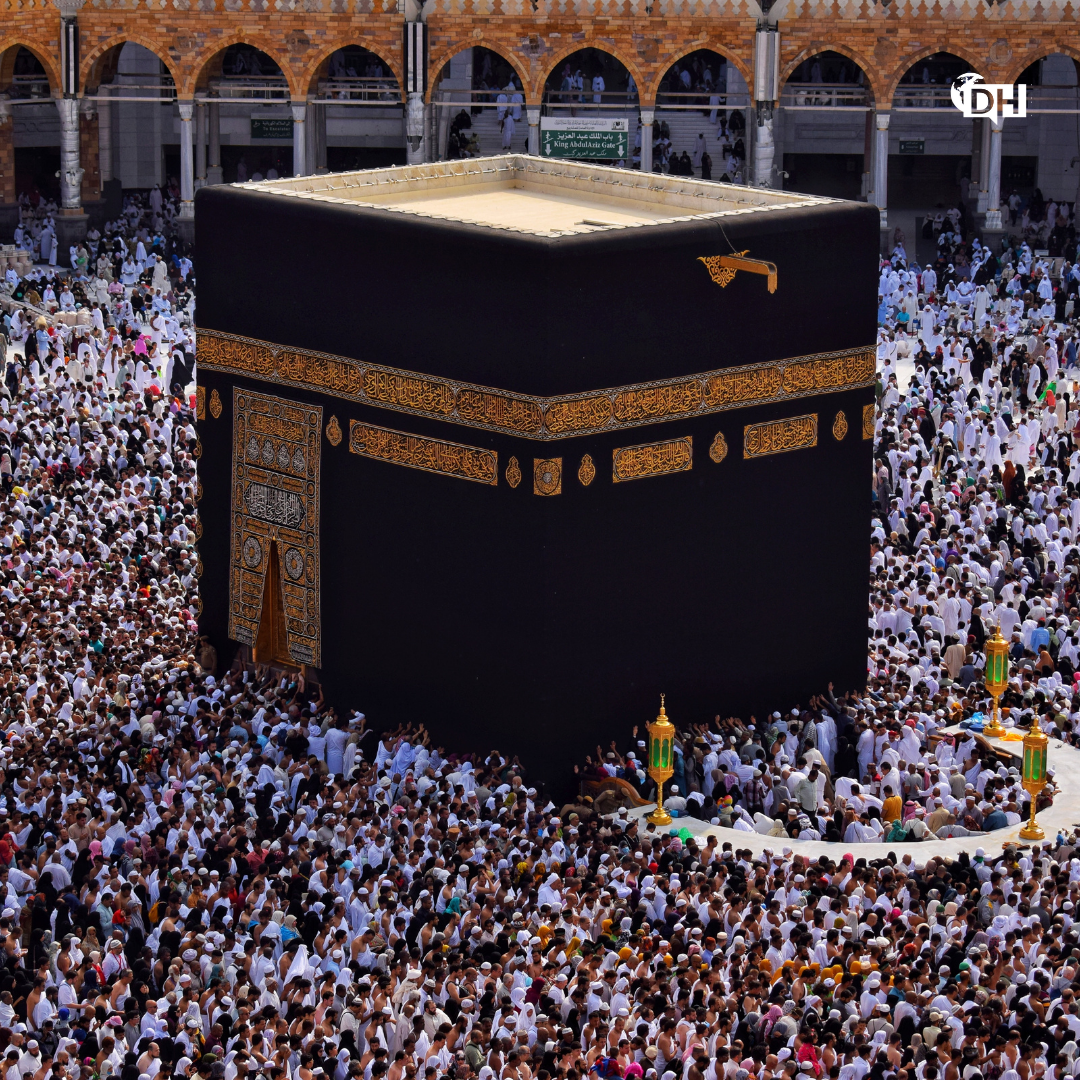Tensions between Thailand and Cambodia have escalated into deadly armed clashes along their long-disputed border, marking a significant deterioration in relations between the neighboring Southeast Asian countries. The ongoing Thailand Cambodia border conflict has resulted in numerous casualties, displaced thousands, and sparked political unrest, further complicating an already fragile peace.
The conflict reignited in May after an exchange of gunfire led to the death of a Cambodian soldier. Since then, sporadic fighting including shelling and rocket fire has intensified, with recent confrontations killing at least 14 people in Thailand and one in Cambodia. The violence forced tens of thousands to flee border regions, while the Thai military even launched airstrikes against Cambodian positions.
This flare-up occurred shortly after both nations downgraded diplomatic ties following a landmine incident that injured Thai soldiers. The clashes have primarily been reported near four Thai provinces bordering Cambodia, highlighting the volatility of the region.
Origins of the Border Dispute
The 800-kilometer border that was first drawn in 1907, while French colonial administration, is the source of the conflict. Thailand contests the veracity of this ancient map, while Cambodia uses it to support its territorial claims. The region around the historic Preah Vihear temple has been a major hot spot.
The 1962 ruling by the International Court of Justice (ICJ) that the temple is Cambodian has exacerbated bilateral tensions ever since. Over the years, there have been numerous violent clashes in this area, and in 2013, Cambodia requested reaffirmation from the ICJ following clashes that left communities displaced and several people dead. Despite Cambodia’s repeated appeals to the ICJ, Thailand has rejected the court’s jurisdiction.
Political Fallout in Thailand
The Thailand Cambodia border conflict has also led to political instability within Thailand. Prime Minister Paetongtarn Shinawatra faced suspension amid investigations into her handling of the dispute, particularly after a leaked phone conversation with a senior Cambodian official sparked national outrage.
In the call, Paetongtarn referred to Cambodia’s former Prime Minister Hun Sen as “uncle” and criticized Thai military leaders—remarks seen by many as undermining Thai sovereignty. This controversy weakened her ruling coalition and fueled public protests. Though she apologized, the political damage was significant, with her coalition partner withdrawing support.
Her ally, former Defense Minister Phumtham Wechayachai, was appointed acting prime minister as tensions continue to mount.
Impact and Outlook
The border dispute between Thailand and Cambodia is a long-standing issue with deep historical roots and strong nationalist sentiments on both sides. The recent fighting and political fallout demonstrate how fragile peace remains in this region. With thousands displaced and infrastructure damaged, the humanitarian and economic toll is significant.
While Cambodia continues to push for legal resolutions through international courts, Thailand remains resistant, leaving the conflict unresolved. Unless both countries engage in constructive dialogue and respect international rulings, further clashes may occur, risking greater instability.
As the world watches, the Thailand Cambodia border conflict serves as a reminder of how colonial-era borders continue to affect modern geopolitics in Southeast Asia.






